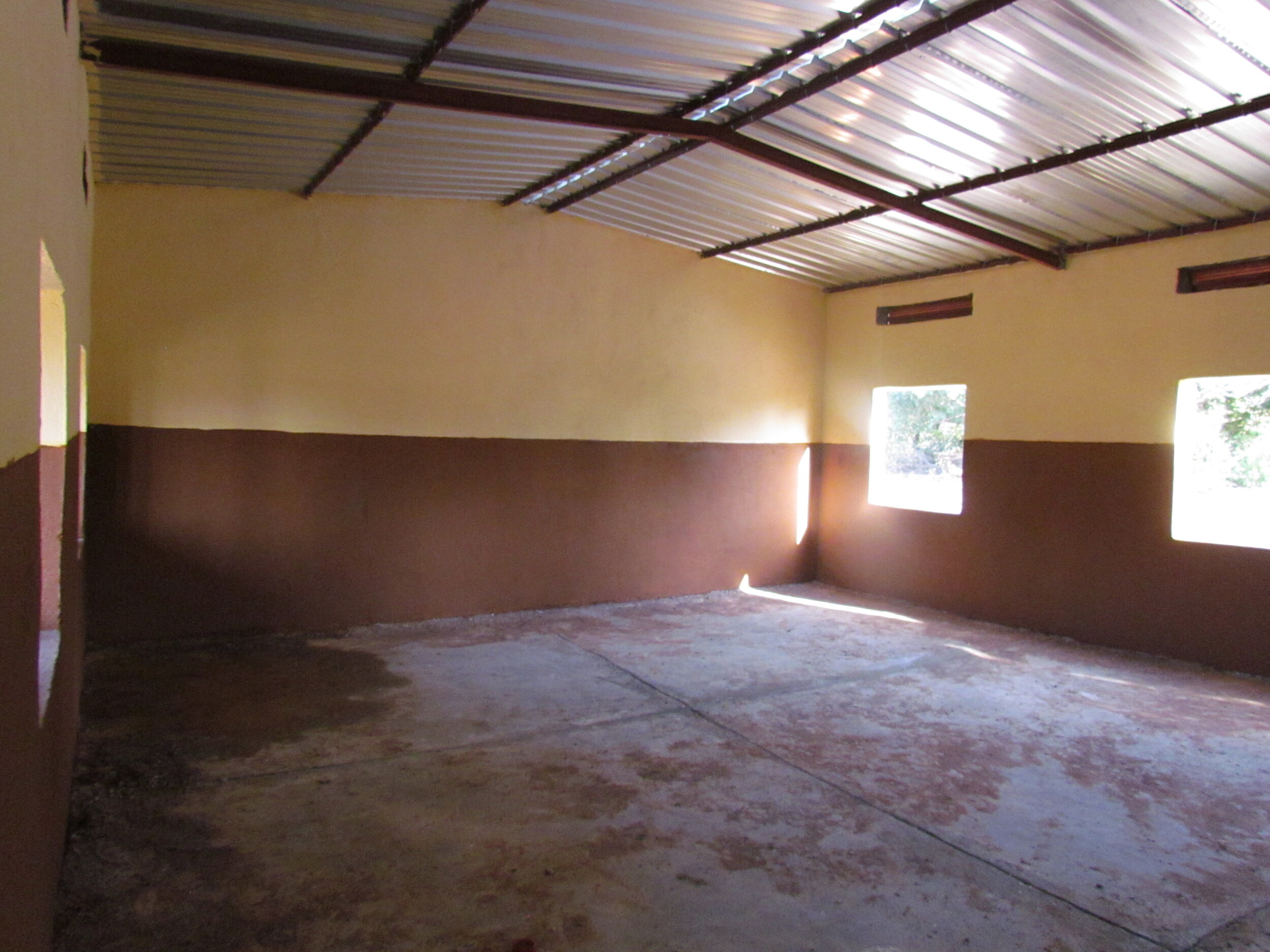By Alou Doumbia, Construction & Administrative Manager
All children have the right to an education, but some children around the world still do not receive an education due to the poverty of their parents and their countries. The Malian government is unable to correct this lack, leaving thousands of children without access to an education.
One of the reasons I love working for Mali Rising Foundation is that we are doing our part to make a difference on this enormous problem. Since 2004, we have worked to provide children with access to safe conditions for learning.
Although we have a long record of accomplishment of good school construction, we are always learning and adapting. This year, we made some quite large changes to our own construction model. The main changes focused on establishing a more firm construction timeline, providing additional site oversight, and replacing the general contractor with staff to coordinate the various tradespeople working on the schools.
Inside a nearly finished Mali Rising classroom as we wait for the floors to full dry.
We applied this new model in building our most recent school in the village of Banko. In 45 days we managed to complete the work, we organized the work of the workers on a rotating basis to avoid the presence of too many people during the pandemic. Thanks to this way of doing things, the work was able to proceed in the greatest safety.
To make sure that the population was not contaminated by our workers, we conducted a survey in the village by interviewing different people who all said that no person presented COVID-19 symptoms during the time of construction.
By having our own staff oversee the work – rather than a general contractor – we improved efficiencies and quality. We made more site visits than the contractors, which allowed us to make recommendations and inspect materials more often to ensure they were of the best quality. The more regular visits also allowed us to make sure there was no overvaluation of the unit prices of certain materials and to keep the work on schedule, avoiding late or incomplete work.
This new model of work is monitored by Mali Rising Foundation staff, the school management committee, and a building technician. Other benefits include the fact that we can ensure the interaction between the village population and the workers is controlled to maintain safety, the deadlines for the execution of the works are respected, and the funds are paid directly to the workers.
In conclusion, we believe that we have been able to achieve wonderful improvements because of innovation in the work and the benefit of our long experience in the field.


